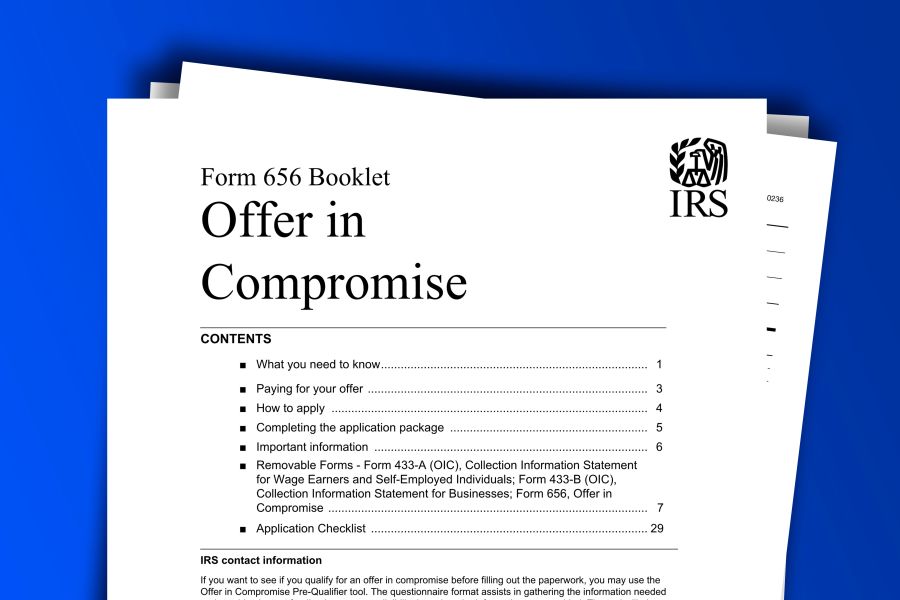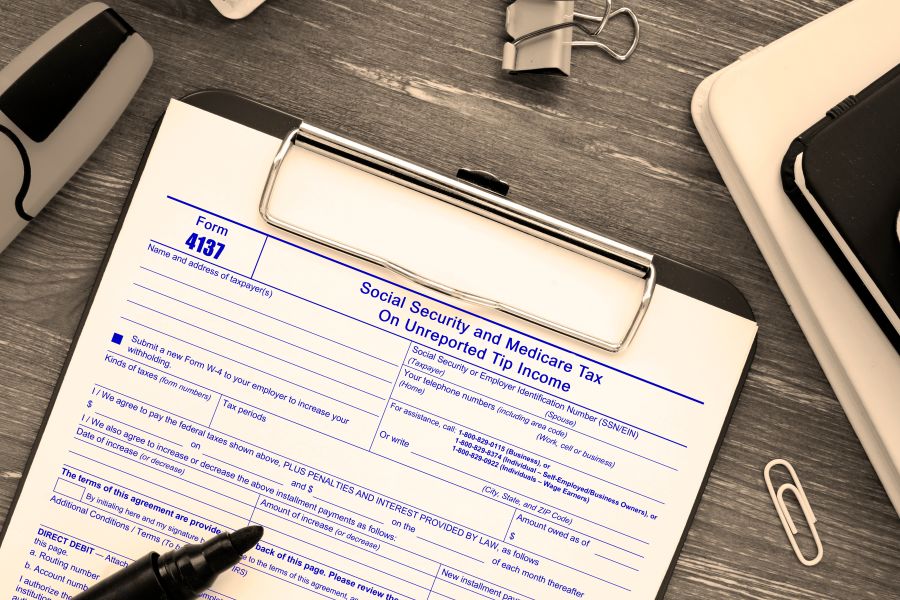As reported via IRS Tax Tip 2023-103 9/5/2023 Starting a new business can seem overwhelming for new entrepreneurs or even seasoned professionals. The IRS has resources to help new business owners understand the tax responsibilities of running a business. Here are a few things any entrepreneur needs to do when starting their business. Choose a business structure The form of business determines which income tax return a business needs to file. The most common business structures are: Sole proprietorship: An unincorporated business owned by an individual. There's no distinction between the taxpayer and their business. Partnership: An unincorporated business with ownership shared between two or more members. Corporation: Also known as a C corporation. It's a separate entity owned by shareholders. S Corporation: A corporation that elects to pass corporate income,...

Taxpayers who make home energy improvements in 2023 may be able to benefit from tax credits for a portion of the qualifying expenses. The credit amounts have been increased, and types of qualifying expenses were expanded, by the Inflation Reduction Act of 2022. This post is intended to assist taxpayers in comparing the tax credits available for making energy home improvements. Who can claim energy credits There are two energy-related credits available to taxpayers who make qualifying improvements to their home: the Energy Efficient Home Improvement Credit,or the Residential Energy Clean Property Credit. A taxpayer may claim these credits in the year the qualifying improvement has been made to their primary home. Ordinarily, a taxpayer's primary home is where the taxpayer spends most of their time. Additionally, qualification...
As reported via IRS Tax Tip 2023-89 in October 2019 Kids are expensive. Whether someone just brought a bundle of joy home from the hospital, adopted a teen from foster care, or is raising their grandchild. There are several tax breaks that can help. Here are some tax tips for new parents Get the child a Social Security or Individual Tax Identification number To claim parental tax breaks, the taxpayer must have their child or dependent's Social Security number, Adoption Tax Identification Number or Individual Tax Identification number. Confirming a child's birth is the only way the IRS can verify that the parent is eligible for the credits and deductions they claim on their tax return. Check withholding A new family member might make taxpayers eligible for new credits...
As reported via IRS Fact Sheet 2019-14 in October 2019 One of the advantages of someone running their own business is hiring family members. But when including family members in business operations, certain tax treatments and employment tax rules apply. Here are some facts to know when working with a spouse, parent or child. Both spouses carrying on the trade or business If spouses carry on a business together and share in the profits and losses, they may be partners whether or not they have a formal partnership agreement. If so, they should report income or loss from the business on Form 1065. They should not report the income on a Schedule C (Form 1040) in the name of one spouse as a sole proprietor. But, the spouses...
As reported via IRS Tax Tip 2023-61 on 5/3/2023 Sometimes the line between having a hobby and running a business can be confusing, but knowing the difference is important because hobbies and businesses are treated differently when it's time to file a tax return. The biggest difference between the two is that businesses operate to make a profit while hobbies are for pleasure or recreation. Whether someone is having fun with a hobby or running a business, if they accept more than $600 for goods and services using online marketplaces or payment apps, they could receive a Form 1099-K. Profits from the sale of goods, including personal items, and services is taxable income that must be reported on tax returns. There are a few other things people should...
As reported via IRS Tax Tip 2023-58 on 4/27/2023 When a taxpayer can't pay their full tax liability or if paying would cause financial hardship, they may want to consider applying for an Offer in Compromise. This agreement between a taxpayer and the IRS settles a tax debt for less than the full amount owed. The goal is a compromise that's in the best interest of both the taxpayer and the agency. The application fee for an offer in compromise is $205. Low-income taxpayers don't have to pay this fee, and they should check if they meet the definition of low-income in the instructions for Form 656, Offer in Compromise. When reviewing applications, the IRS considers the taxpayer's unique set of facts and special circumstances affecting their...
As reported via IRS Tax Tip 2023-45 on 4/5/2023 All taxpayers that filed a 2022 tax year Forms 1040 and 1040-SR were required to check a box indicating whether they received digital assets as a reward, award or payment for property or services or disposed of any digital asset that was held as a capital asset through a sale, exchange or transfer. Examples of digital assets transactions include: A sale of digital assets. The receipt of digital assets as payment for goods or services provided. The receipt or transfer of digital assets for free, without providing any consideration, that does not qualify as a bona fide gift. The receipt of new digital assets as a result of mining and staking activities. The receipt of new digital assets...
As reported via IRS Fact Sheet 2022-37 in October 2022 Tip income is taxable and must be reported People who work in restaurants, salons, hotels and similar industries often receive tips for the customer service they provide. Tips can be taxable income, but it's important for people working in these areas to understand important details involving tips. What are tips? Tips are optional cash or non-cash payments that customers make to employees. Cash tips include: those received directly from customers, electronically paid tips distributed to the employee by their employer and tips received from other employees under any tip-sharing arrangement. All cash tips must be reported to the employer. Non-cash tips are those of value received in any other medium than cash, such as: tickets, passes or other...
As reported via Tax Tip 2022-122 on 8/10/2022 There are a few things business owners need to do before they close their business. Of course, they need to fulfill their federal tax responsibilities. It's also important to notify the IRS of their plans. Business owners must take these steps when closing a business: File a final tax return and related forms. The type of return to file and related forms depends on the type of business. Take care of employees. Business owners with one or more employees must pay any final wages or compensation, make final federal tax deposits and report employment taxes. Pay taxes owed. Even if the business closes now, tax payments may be due next filing season. Report payments to contract workers. Businesses that pay contractors at least...
As reported via IR-2022-119 on 8/4/2022 People should donate carefully after a disaster After an emergency or disaster, people rally to help victims by donating money. Unfortunately, this can give criminals an opportunity to prey on them by soliciting donations for fake charities. Scammers may also pose as federal agencies to dupe disaster victims trying to get disaster relief. People should always be suspicious of unsolicited contact. Scammers often contact their possible victim by telephone, social media, email or in person. Make sure your money is going to a reputable organization Thieves may pose as a representative of a charity to ask for money or private information from well-intentioned taxpayers. Scammers may set up bogus websites using names that sound like real charities. When a taxpayer searches for a...
- 1
- 2
- 3
- 4
- 5
- 6
- 7
- 8
- 9
- 10
- 11
- 12
- 13
- 14
- 15
- 16
- 17
- 18
- 19
- 20
- 21
- 22
- 23
- 24
- 25
- 26
- 27
- 28
- 29
- 30
- 31
- 32
- 33
- 34
- 35
- 36
- 37
- 38
- 39
- 40
- 41
- 42
- 43
- 44
- 45
- 46
- 47
- 48
- 49
- 50
- 51
- 52
- 53
- 54
- 55
- 56
- 57
- 58
- 59
- 60
- 61
- 62
- 63
- 64
- 65
- 66
- 67
- 68
- 69
- 70
- 71
- 72
- 73
- 74
- 75
- 76
- 77
- 78
- 79
- 80
- 81
- 82
- 83
- 84
- 85
- 86
- 87
- 88
- 89
- 90
- 91
- 92
- 93
- 94
- 95
- 96
- 97
- 98
- 99
- 100
- 101
- 102
- 103
- 104
- 105
- 106
- 107
- 108
- 109
- 110
- 111
- 112
- 113
- 114
- 115
- 116
- 117
- 118
- 119
- 120
- 121
- 122
- 123
- 124
- 125
- 126
- 127
- 128
- 129
- 130
- 131
- 132
- 133
- 134
- 135
- 136











